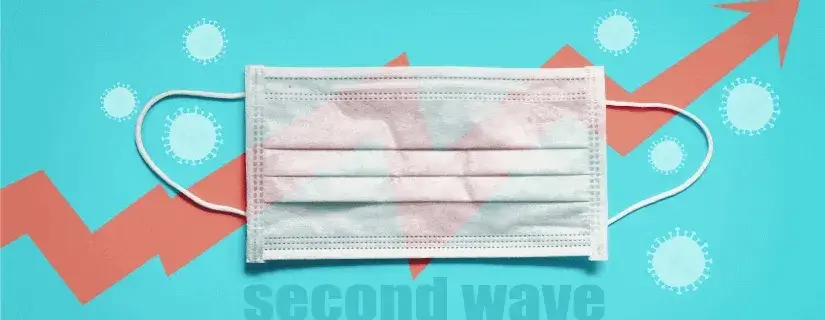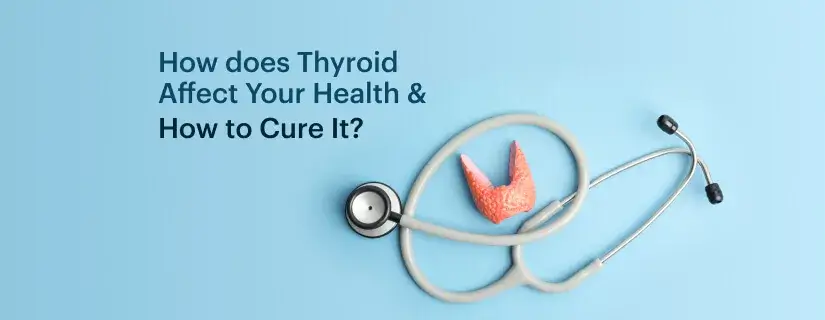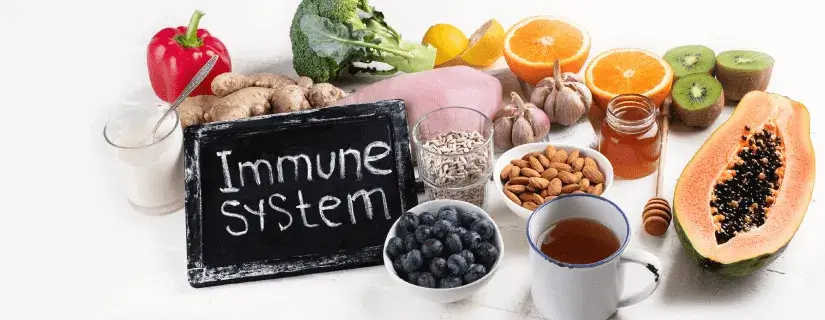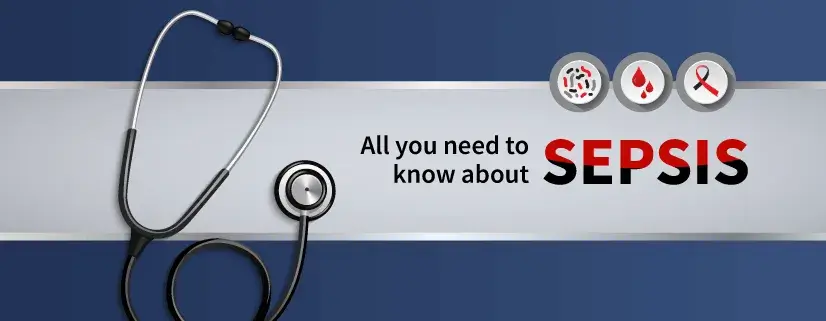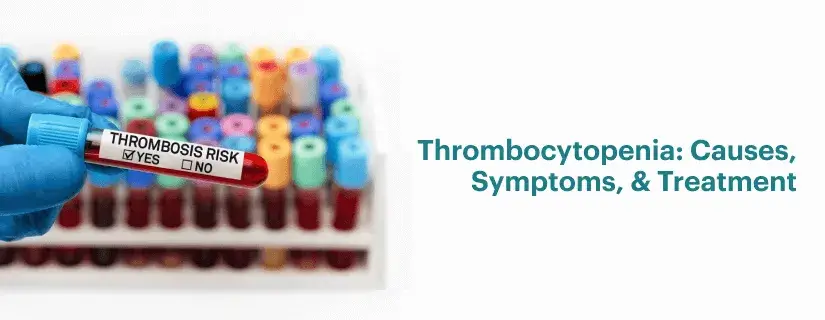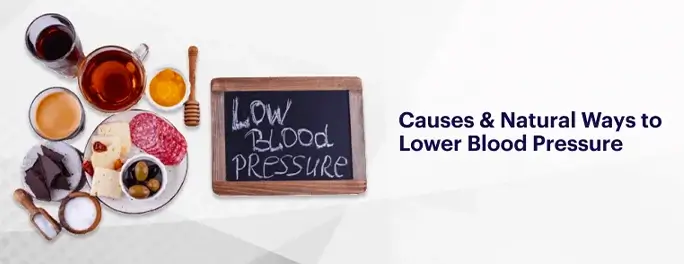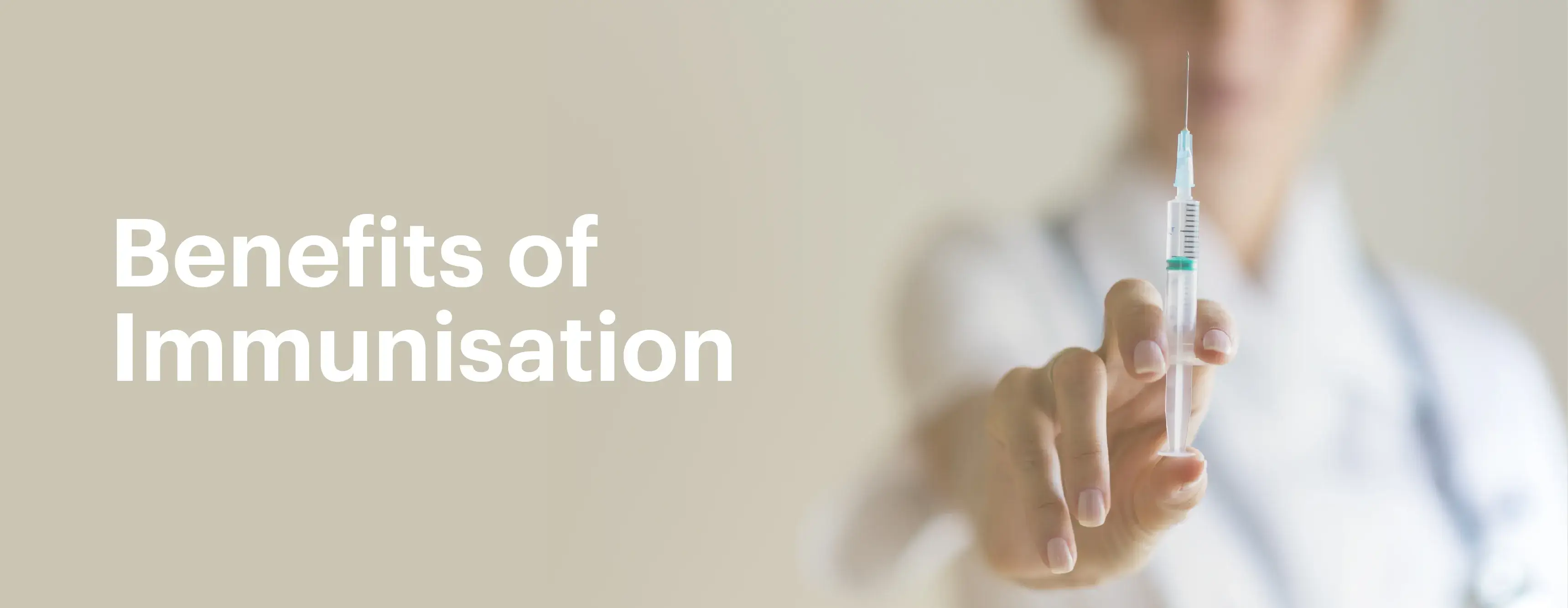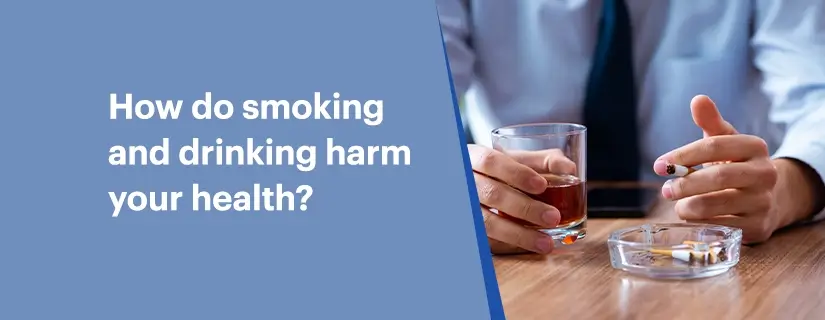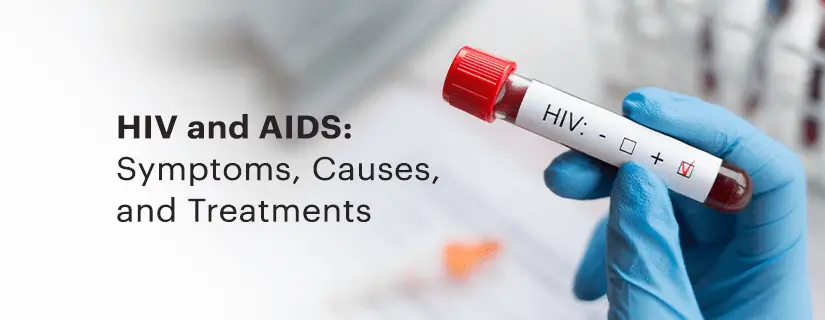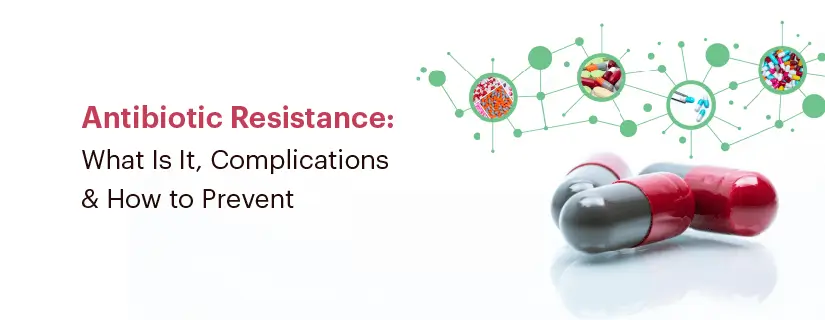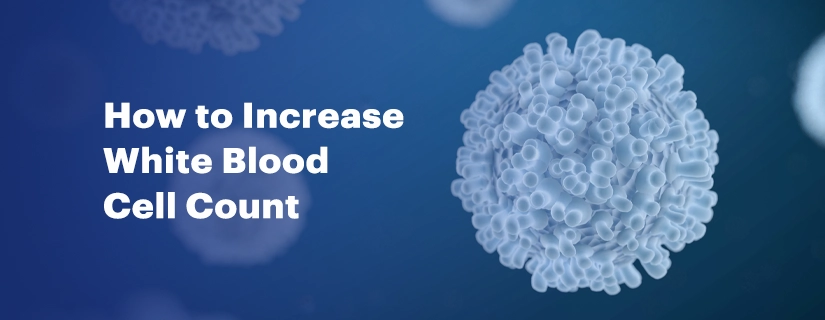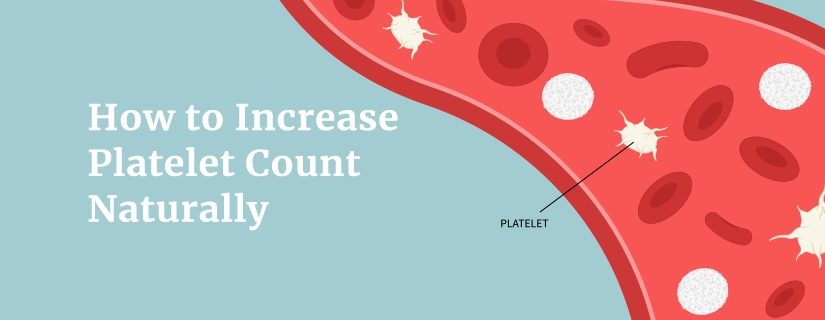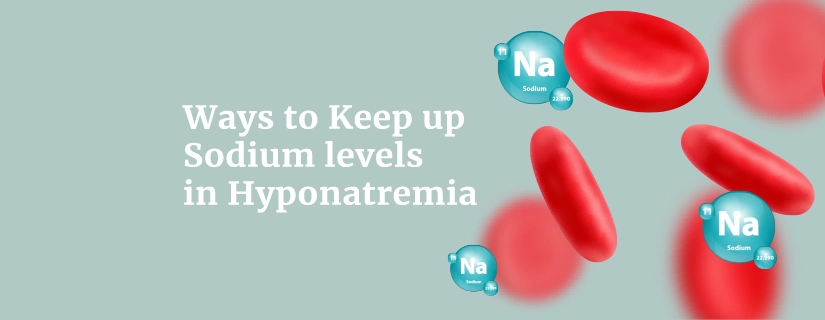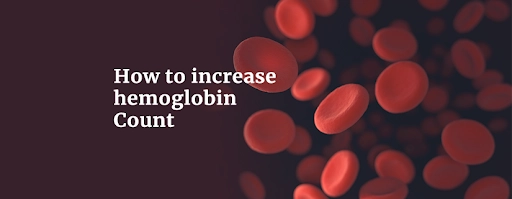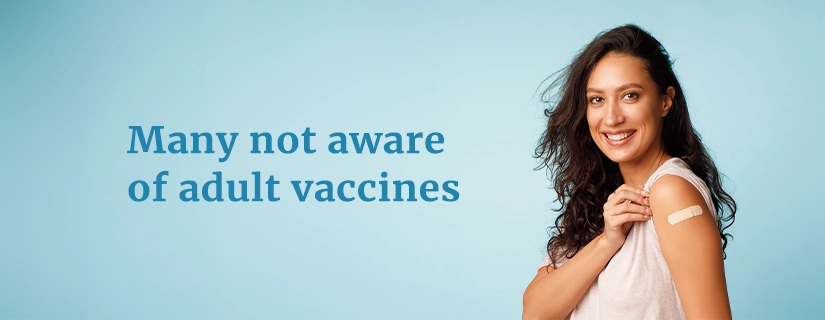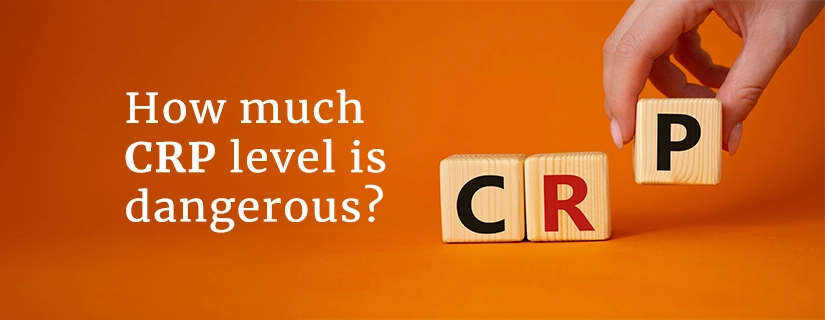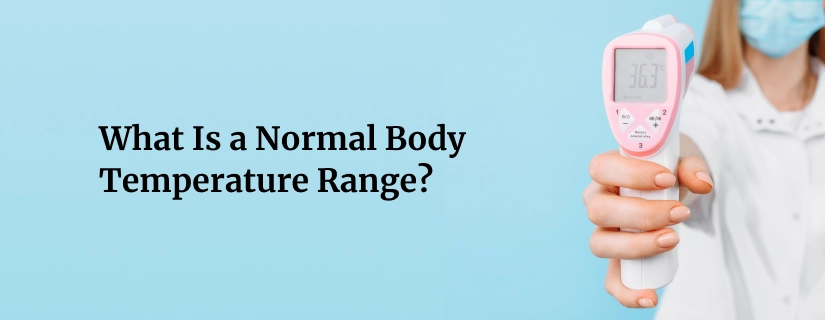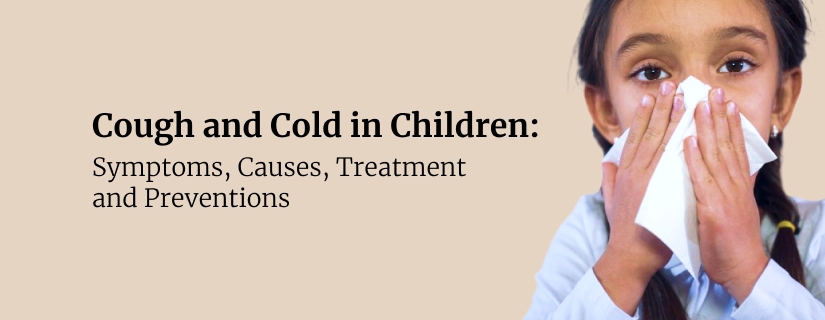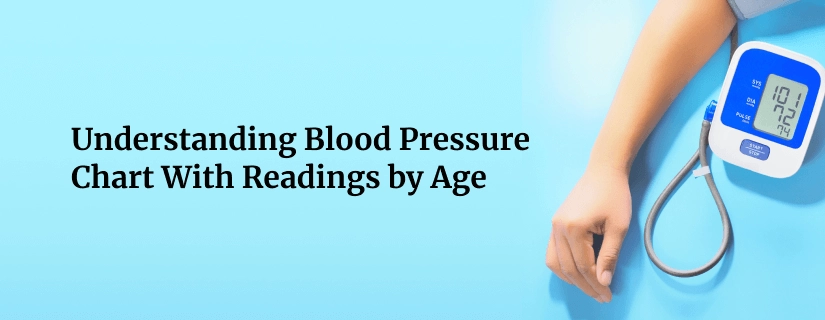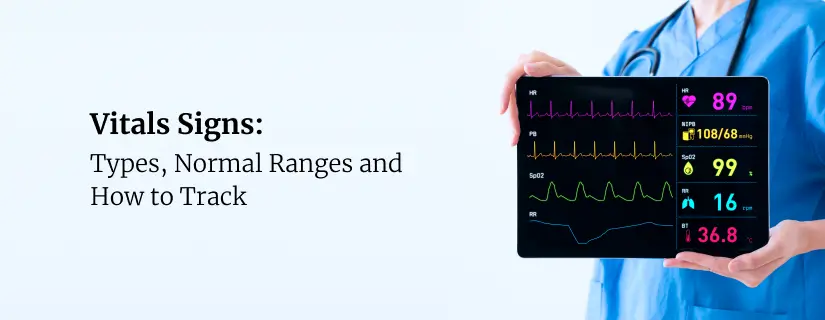-
Doctors
-
Specialities & Treatments
Centre of Excellence
Specialties
Treatments and Procedures
Hospitals & Directions HyderabadCARE Hospitals, Banjara Hills CARE Outpatient Centre, Banjara Hills CARE Hospitals, HITEC City CARE Hospitals, Nampally Gurunanak CARE Hospitals, Musheerabad CARE Hospitals Outpatient Centre, HITEC City CARE Hospitals, Malakpet
HyderabadCARE Hospitals, Banjara Hills CARE Outpatient Centre, Banjara Hills CARE Hospitals, HITEC City CARE Hospitals, Nampally Gurunanak CARE Hospitals, Musheerabad CARE Hospitals Outpatient Centre, HITEC City CARE Hospitals, Malakpet Raipur
Raipur
 Bhubaneswar
Bhubaneswar Visakhapatnam
Visakhapatnam
 Nagpur
Nagpur
 Indore
Indore
 Chh. Sambhajinagar
Chh. SambhajinagarClinics & Medical Centers
Book an AppointmentContact Us
Online Lab Reports
Book an Appointment
Consult Super-Specialist Doctors at CARE Hospitals
How to Reduce Blood Sugar Level Immediately?
Updated on 20 May 2024
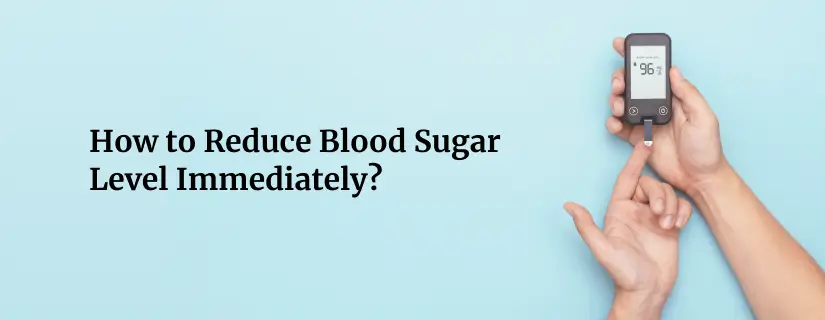
In today's world of health, keeping your blood sugar levels in check is most important. It's not just about feeling good now; it's also about staying healthy in the long run. Most of us often have the question, "How do I control diabetes?" This article is here to help you understand how to lower your blood sugar levels right away. We'll break down the science, share some tips, and give you expert advice so you can manage your blood sugar confidently.
Glucose, or sugar, is a vital source of energy for your body. It plays a fundamental role in powering cellular functions and providing energy for metabolism, growth, and physical activity. But too much of it in your bloodstream can cause problems like diabetes or other health issues. That's why it's crucial to keep it in balance.
Factors Affecting Blood Sugar Levels
The answer to the question "How to lower blood sugar levels” starts with understanding the factors affecting blood sugar levels.
- The role of diet: Diet plays an instrumental role in regulating blood sugar levels. Food products high in simple carbohydrates and sugars can cause rapid spikes, whereas complex carbohydrates and fibre-rich foods tend to have a more gradual effect. Understanding the glycemic index of foods becomes crucial for those aiming to maintain balanced glucose levels.
- Physical activity and its impact: Physical activity is another significant factor influencing blood sugar. People who exercise minimally or not at all have higher chances of increased blood sugar levels. Regular exercise helps improve insulin sensitivity, meaning the body's cells are better able to use the available sugar in the bloodstream for energy, thus lowering overall blood sugar levels. However, the type, duration, and intensity of exercise can also affect blood sugar levels.
- The influence of stress: Stress has a profound but often underestimated impact on blood sugar levels. It triggers the secretion of stress hormones (adrenaline and cortisol), resulting in elevated blood sugar levels. Chronic stress can lead to long-term imbalances in blood sugar regulation.
- Sleep: Quality sleep is critical in maintaining hormonal balance, including insulin, which helps regulate blood sugar. Sleep disturbances may also affect appetite and food choices, potentially impacting blood sugar regulation.
- The impact of hormonal alteration: Hormonal fluctuations during puberty, menstruation, pregnancy, and menopause can affect blood sugar levels. Thyroid hormones, growth hormones, and cortisol can also influence blood sugar regulation.
How to Lower Blood Sugar Quickly
- Immediate dietary changes: One of the most direct methods to lower blood sugar levels is through immediate dietary changes. Incorporating food products with a low glycemic index, such as leafy greens, whole grains, and some fruits, can help stabilize blood Additionally, staying well-hydrated by drinking ample water throughout the day can aid in maintaining a healthy glucose level.
- Exercise as a quick remedy: Performing light to moderate physical activity can effectively lower blood sugar quickly. Activities such as brisk walking, bicycle riding, or yoga can encourage the muscles to consume more glucose for energy, lowering blood sugar levels. Individuals must monitor their blood sugar levels before and after exercise to understand the impact and avoid hypoglycaemia.
- Medication and insulin adjustments: Adjusting medication or insulin intake can rapidly decrease high blood glucose levels for those with diabetes. To ensure safety and efficacy, you should conduct this approach under the guidance of a healthcare professional.
When to Contact a Doctor
If blood sugar levels remain dangerously high despite these measures or if you are experiencing the symptoms of high blood sugar levels, like excessive thirst, frequent urination, blurred vision, fatigue, unknown weight loss and infection, it is crucial to contact your doctor for guidance. These signs indicate that blood sugar levels are dangerously high ught and may require medical attention.
A doctor can offer tailored advice, adjust medication, and provide immediate interventions if necessary.
If you are experiencing serious manifestations such as difficulty breathing, chest pain, confusion, extreme weakness, or loss of consciousness, seek emergency medical intervention immediately as these symptoms may indicate severe ailments, such as diabetic ketoacidosis (DKA) or hyperosmolar hyperglycaemic state (HHS), which require immediate treatment in a hospital setting.
What is the Range for Hyperglycaemia?
- Normal and elevated blood sugar levels: Blood sugar levels are considered normal when fasting glucose levels are between 70 to 99 mg/dL and postprandial (2hrs) levels are less than 140 mg/dL. Levels above these ranges may indicate hyperglycaemia or prediabetes. The threshold for hyperglycaemia:
- Hyperglycaemia: Hyperglycaemia is typically diagnosed when blood sugar levels exceed 180 mg/dL after meals or 130 mg/dL while fasting. These thresholds serve as indicators for medical professionals to evaluate and manage the risk of complications associated with high blood sugar.
- The significance of individualised ranges: It's important to note that ideal blood sugar ranges can vary among individuals, especially those with diabetes. Doctors often set personalised targets based on numerous factors, including age, duration of diabetes, and the presence of other health conditions.
Conclusion
Managing blood sugar levels necessitates a multifaceted approach, incorporating dietary modifications, regular physical activity, stress management, and adherence to medical advice. Recognizing the factors influencing glucose levels and implementing strategies to mitigate high blood sugar can significantly boost the quality of life and lower the possibility of diabetes-related complications. As the journey towards balanced blood sugar is highly individualised, seeking doctors' guidance remains a cornerstone of effective management. So now you must have got the answer to "how to lower blood sugar levels”.
FAQs
1. What foods will lower blood sugar quickly?
Foods that can help lower blood sugar quickly include leafy greens, nuts, seeds, whole grains, and fibre-rich foods. These foods have a low glycemic index and can help stabilize blood sugar levels.
2. Is 200 blood sugar normal after eating?
A blood sugar level of 200 mg/dL or higher after eating may indicate diabetes or prediabetes. Consulting a doctor for an appropriate diagnosis and management plan is essential.
3. What is the normal sugar level by age?
Normal blood sugar levels can vary by age. A fasting glucose level of 70 to 99 mg/dL and a postprandial level of less than 140 mg/dL are considered normal for most adults. Children, adolescents, and older adults may have different ideal ranges, which should be discussed with a related doctor.
To Book an Appointment, call:
ENQUIRY FORM
SELECT CATEGORIES
-
Neurosciences (16)
-
Neurology (37)
-
Neurosurgery (14)
-
Orthopaedics (48)
-
Oncology (33)
-
Obstetrics and gynecology (52)
-
Pulmonology (23)
-
Urology (20)
-
Nephrology (13)
-
Psychiatry (7)
-
Dietetics and Nutrition (111)
-
General Medicine (63)
-
Cardiac Sciences (32)
-
Vascular & Endovascular Surgery and Interventional Radiology (15)
-
Gastroenterology (46)
-
Endocrinology (23)
-
Plastic Surgery (10)
-
Critical Care Medicine (5)
-
COVID-19 (16)
-
Dermatology (16)
-
Emergency Care (1)
-
Ophthalmology (4)
-
Pediatrics (14)
-
Laparoscopic and Bariatric Surgery (8)
-
ENT (15)
-
Kidney Transplant (1)
-
Liver Transplantation and Hepatobiliary Surgery (5)
-
General Surgery (3)
-
Internal Medicine (5)
-
Medicine Information
Systolic vs Diastolic Blood Pressure: Know The Difference
Diet For Typhoid: What to Eat and What to Avoid?
YOU MAY ALSO LIKE
RECENT BLOGS
-

Preterm Birth (Premature Birth): Symptoms, Causes, Treatment and Prevention
13 May 2025
Read More
-

Rotablation Angioplasty: Benefits, Treatments, And Recovery Time
9 May 2025
Read More
-

What Is The Difference Between IUI and IVF?
9 May 2025
Read More
-

Venous Malformations: Causes, Symptoms, and Treatment
30 April 2025
Read More
-

Varicose Vein Foam Sclerotherapy: Treatment, Benefits, and Procedure
30 April 2025
Read More
-

Radiofrequency (RF) Ablation Treatment for Varicose Veins: Know More
30 April 2025
Read More
-

Varicose Vein Sclerotherapy: Treatment, Benefits, and Procedure
30 April 2025
Read More
-

Varicose Vein Endovenous Laser Ablation: Procedure, Benefits, Risks
30 April 2025
Read More
Have a Question?
If you cannot find answers to your queries, please fill out the enquiry form or call the number below. We will contact you shortly.







